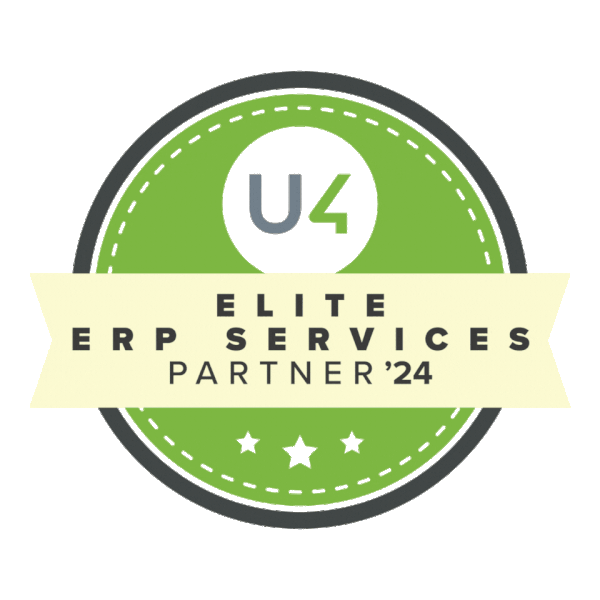Implementing a cloud Enterprise Resource Planning (ERP) system can offer numerous benefits to businesses of all sizes across various industries.
Some of the key advantages include:
1. Cost Savings: Cloud ERP typically requires lower upfront investment than on-premises solutions, as it eliminates the need to purchase and maintain expensive hardware and infrastructure. Additionally, cloud ERP often operates on a subscription-based model, allowing businesses to pay for only the resources they use.
2. Scalability: Cloud ERP systems are highly scalable, allowing businesses to easily adjust their resources and functionalities based on their changing needs. Whether a company is experiencing rapid growth or seasonal fluctuations, cloud ERP can accommodate increased workload without the need for significant infrastructure upgrades.
3. Accessibility: Cloud ERP provides remote access, enabling employees to access critical business data and applications from anywhere with an internet connection. This accessibility fosters collaboration among geographically dispersed teams and facilitates remote work arrangements, enhancing productivity and efficiency.
4. Flexibility and Customization: Cloud ERP solutions often offer greater flexibility and customization options compared to traditional on-premises systems. Businesses can tailor the ERP software to meet their specific requirements and integrate with other third-party applications seamlessly, enhancing overall operational efficiency and effectiveness.
5. Automatic Updates and Maintenance: Cloud ERP vendors handle software updates and maintenance tasks, ensuring that businesses always have access to the latest features, security patches, and performance enhancements without disrupting their operations. This eliminates the burden of managing software updates internally and helps ensure system reliability and security.
6. Enhanced Security: Cloud ERP providers invest heavily in robust security measures to protect sensitive business data from cyber threats, such as encryption, multi-factor authentication, and regular security audits. By leveraging the expertise of cloud providers, businesses can mitigate security risks and ensure compliance with industry regulations.
7. Improved Business Insights: Cloud ERP systems typically come with advanced analytics and reporting capabilities, allowing businesses to gain valuable insights into their operations, finances, and customer behavior. These insights enable data-driven decision-making, strategic planning, and performance monitoring, empowering businesses to identify opportunities for growth and optimization.
8. Disaster Recovery and Business Continuity: Cloud ERP offers built-in disaster recovery and backup solutions, safeguarding critical business data against unexpected events such as natural disasters, hardware failures, or cyberattacks. With automated backups and redundant data centers, businesses can minimize downtime and ensure continuity of operations in the event of disruptions.
Overall, migrating to a cloud ERP system can streamline business processes, improve operational efficiency, and drive innovation, enabling organizations to remain competitive in today’s dynamic business landscape.
Come explore our extensive range of top-notch Cloud ERP products (Unit4 ERP, Unit4 ERPx) and comprehensive services (Unit4 ERP implementation, Unit4 ERP Training, and Unit4 ERP Support), cutting-edge business intelligence solutions Unit4 FP&A, and forward-thinking products (GCON4 MFL, GCON4 iConnect, and GCON4 Exchange Rates Loader) that perfectly complement the already remarkable Unit4 ERP and Unit4 ERPx. You won’t be disappointed!
Discover more about GCON4 and read the exceptional reviews from our satisfied clients.




